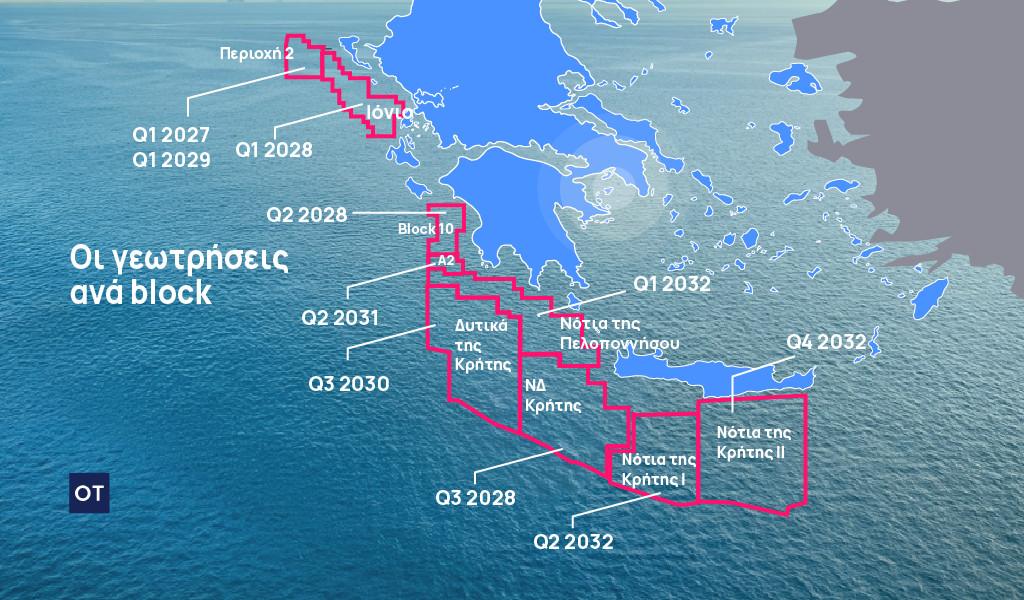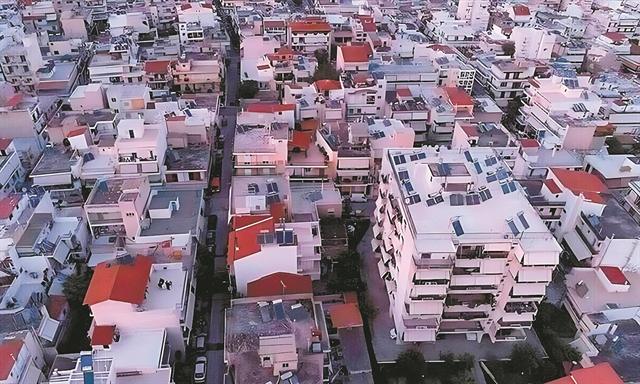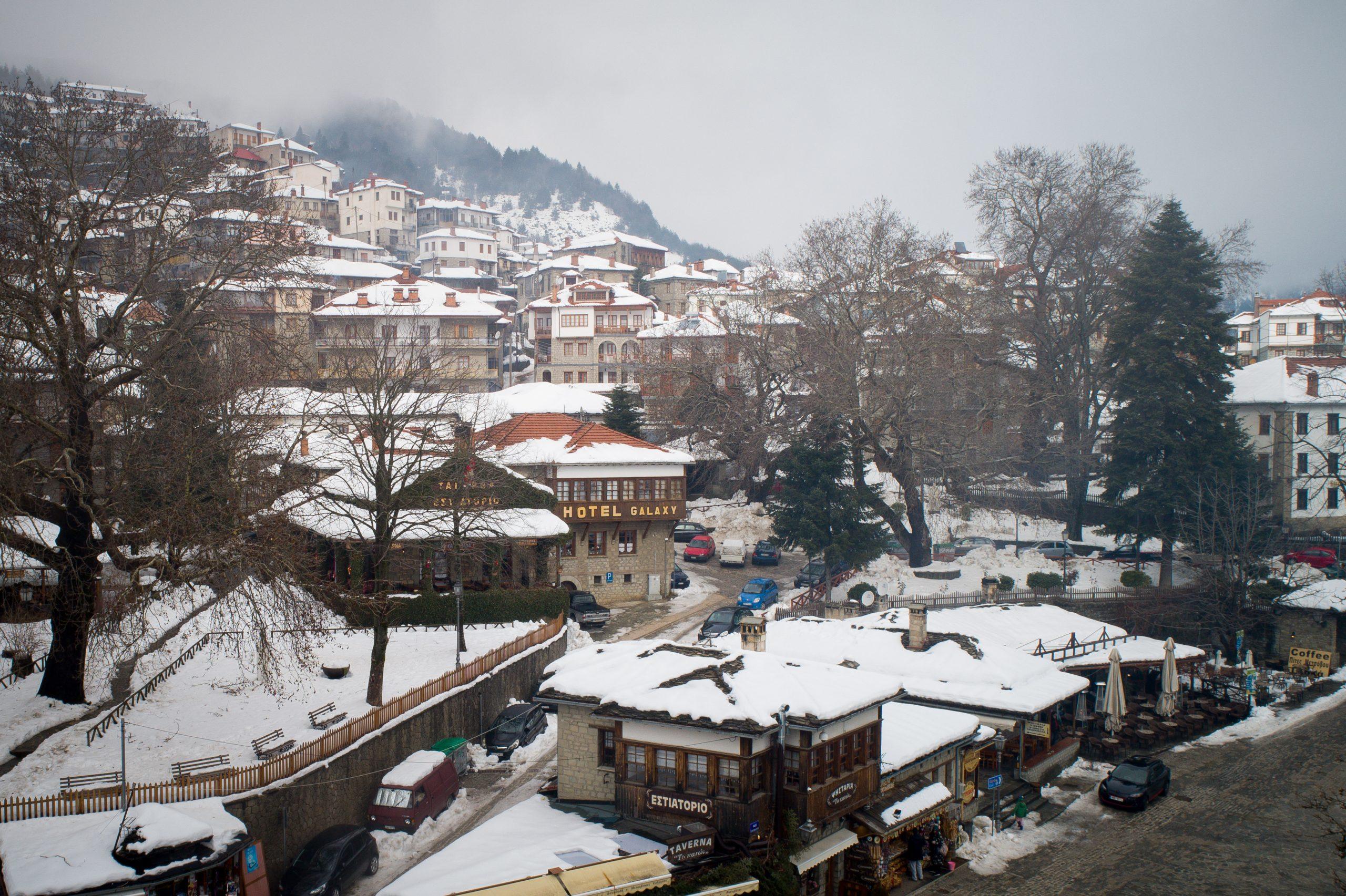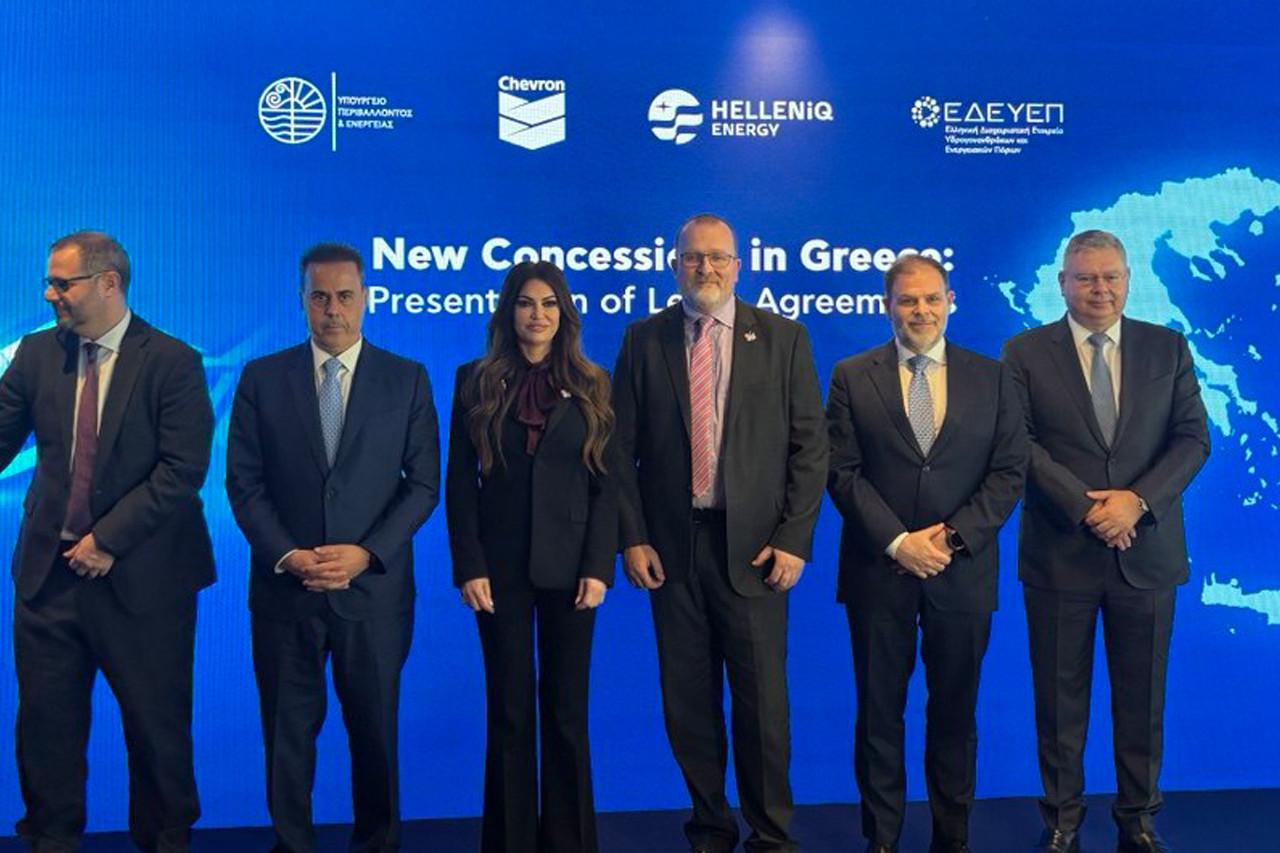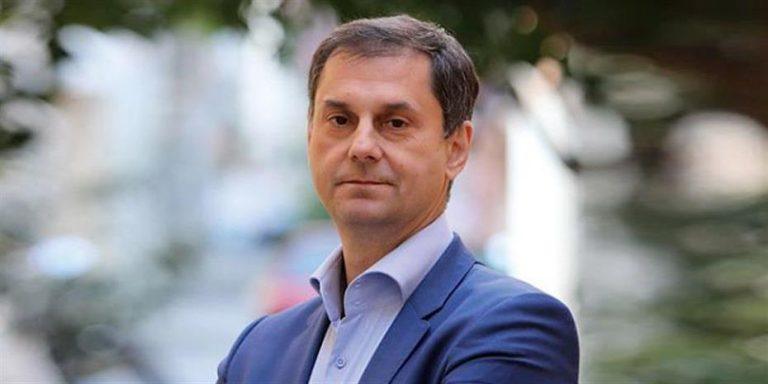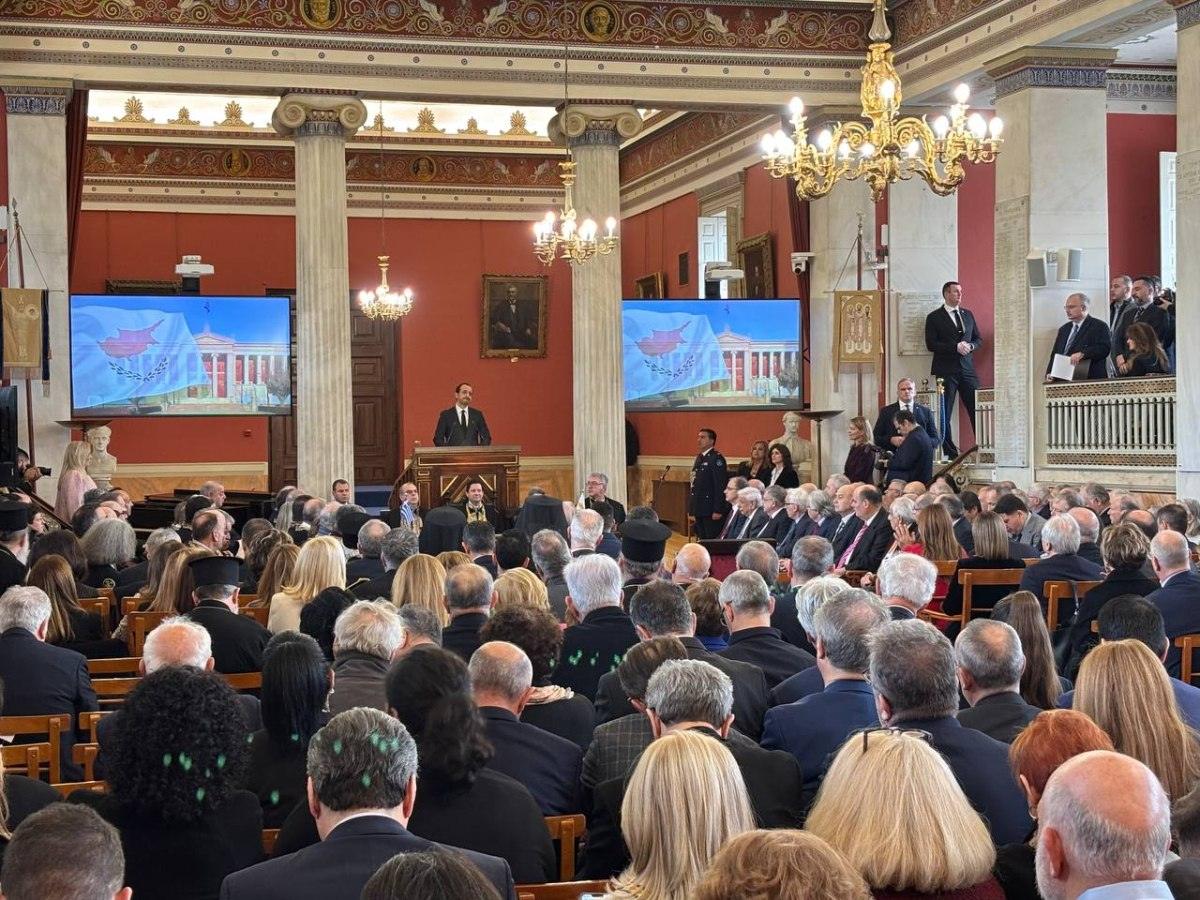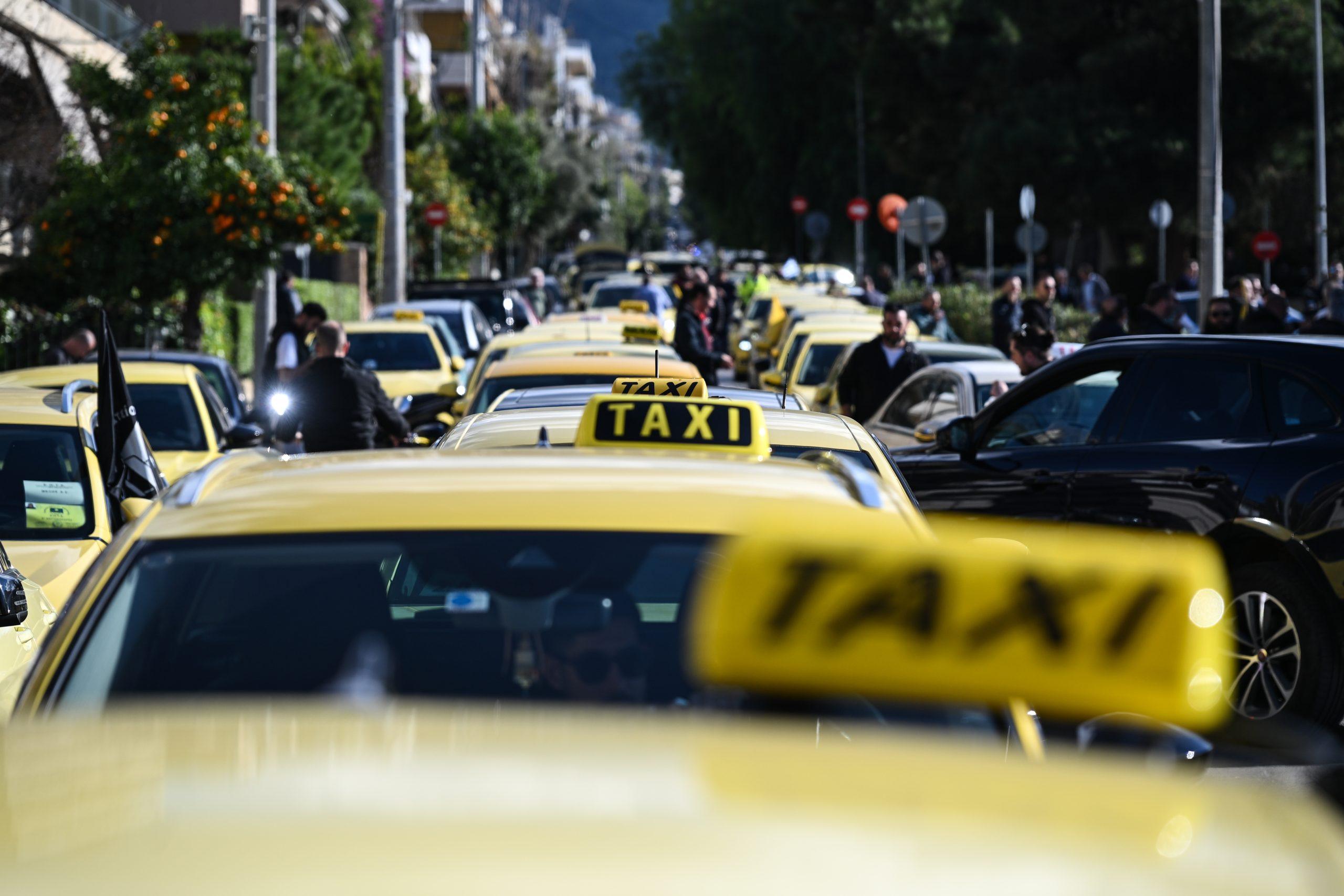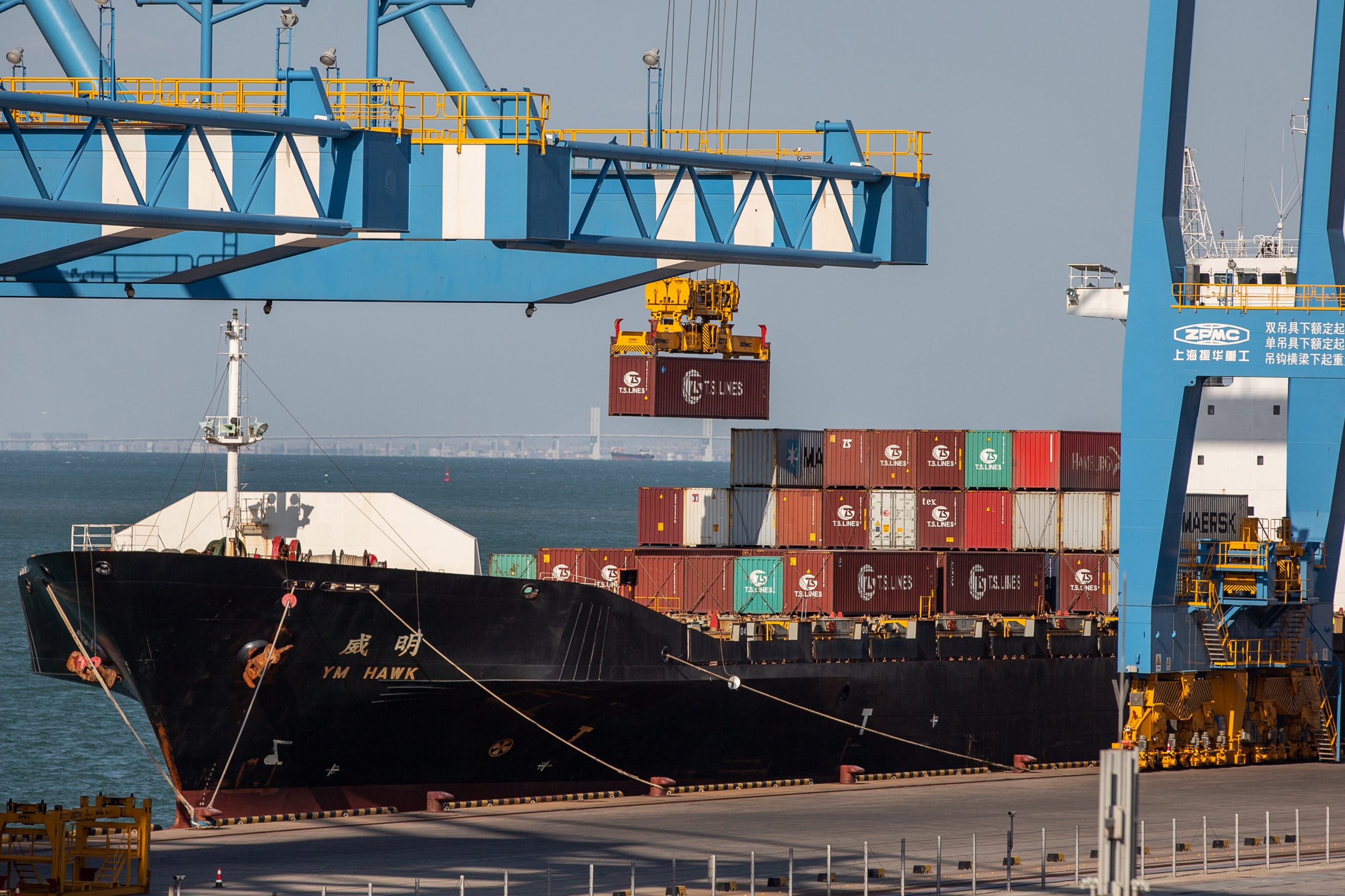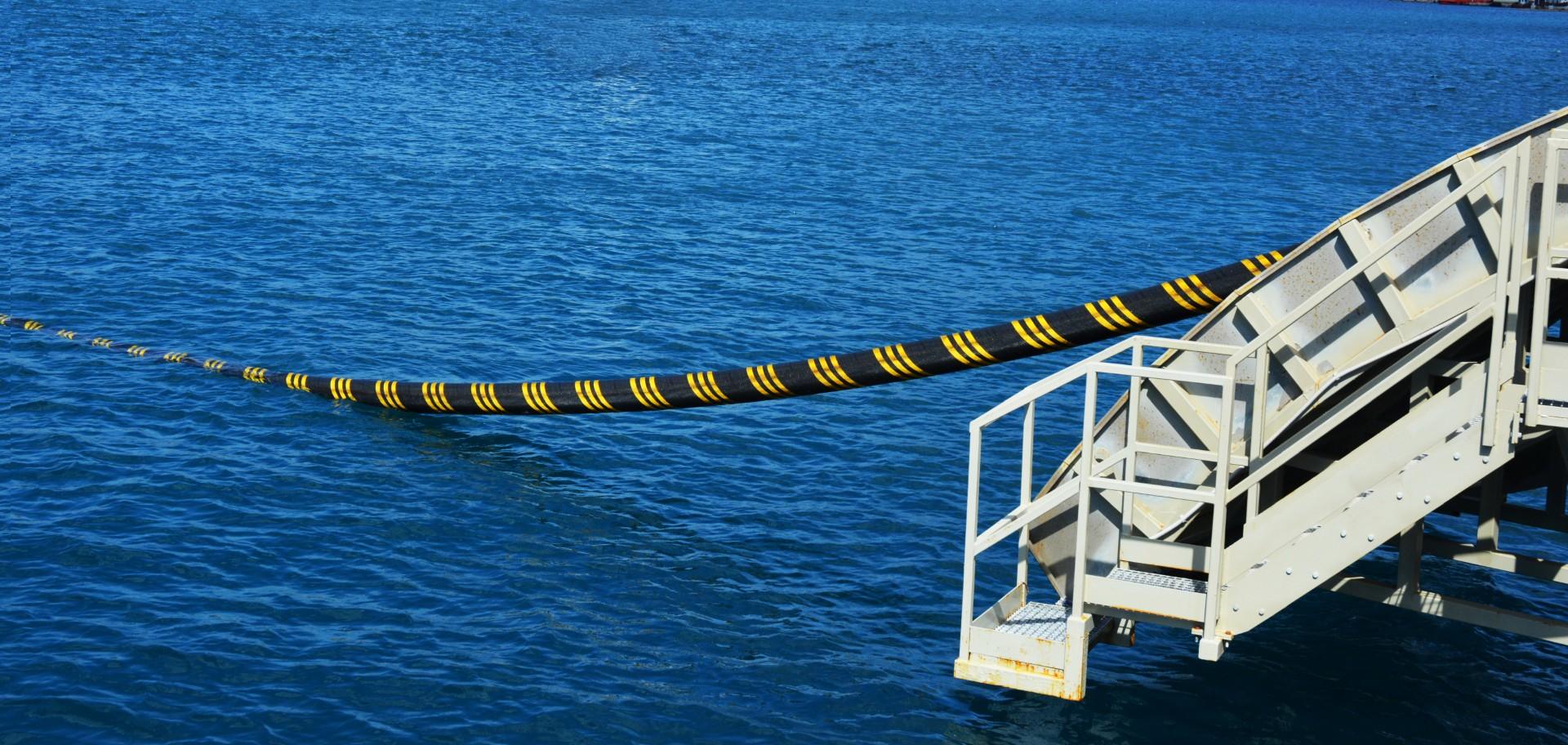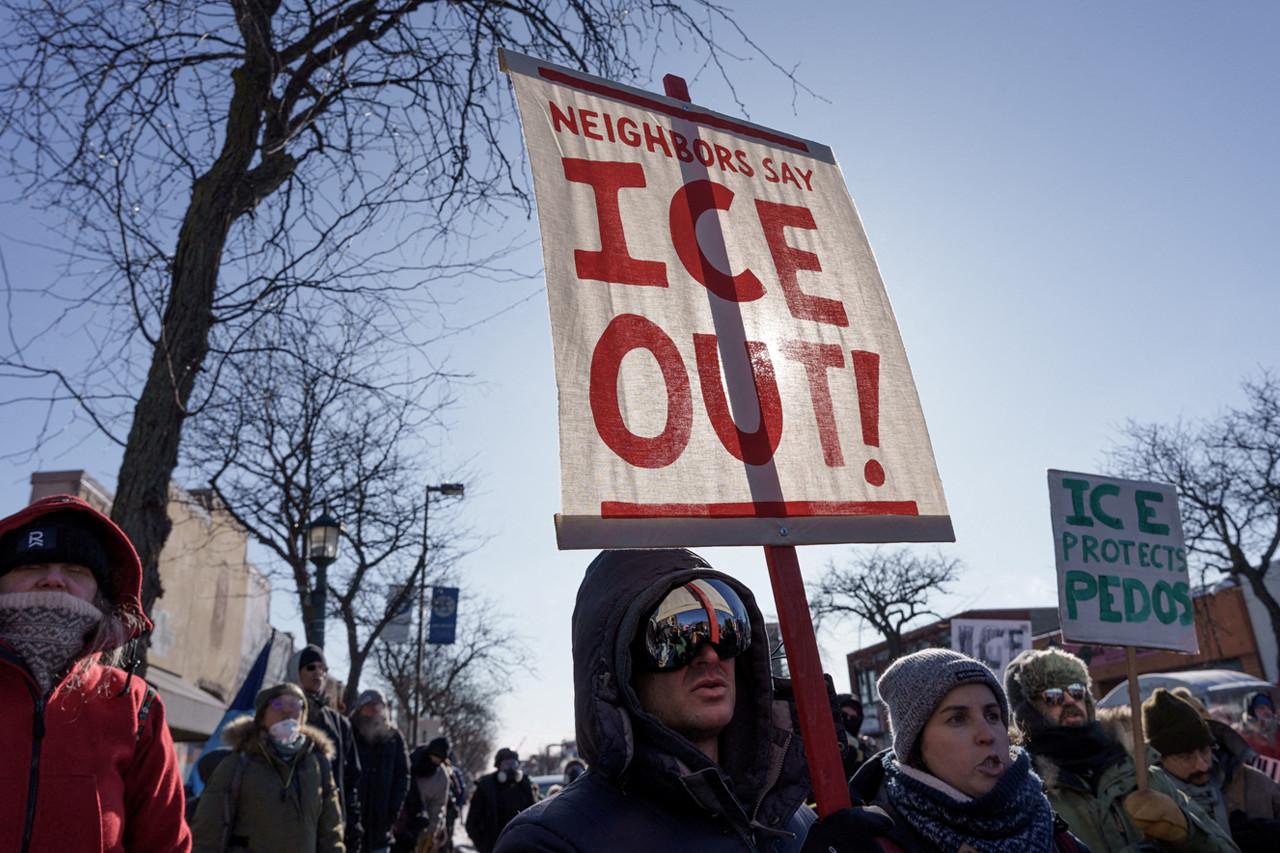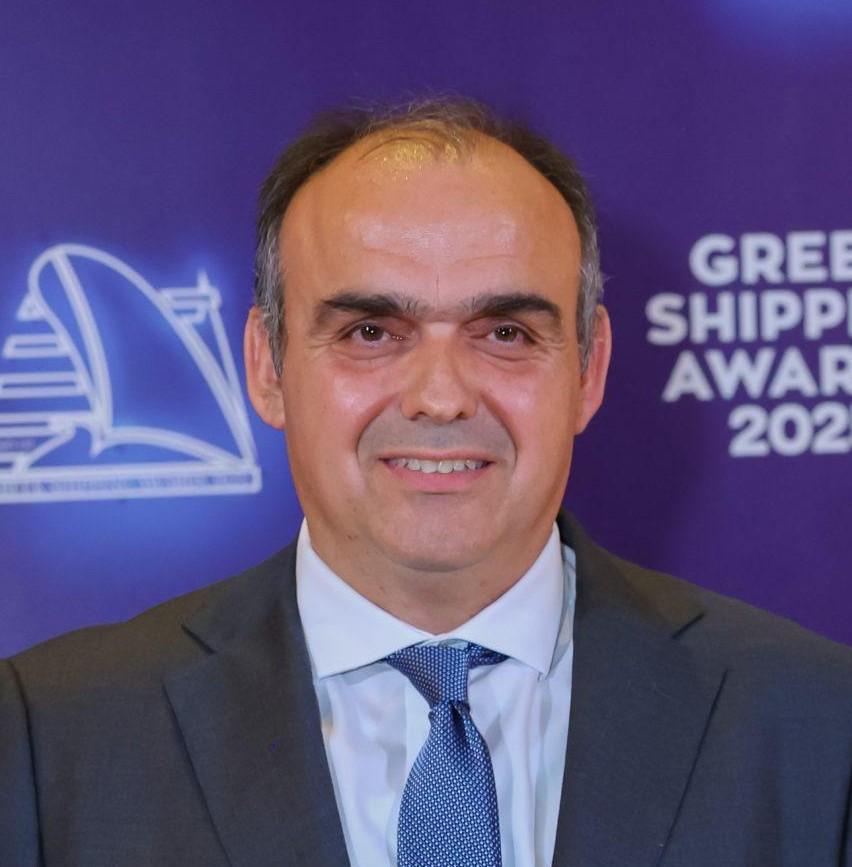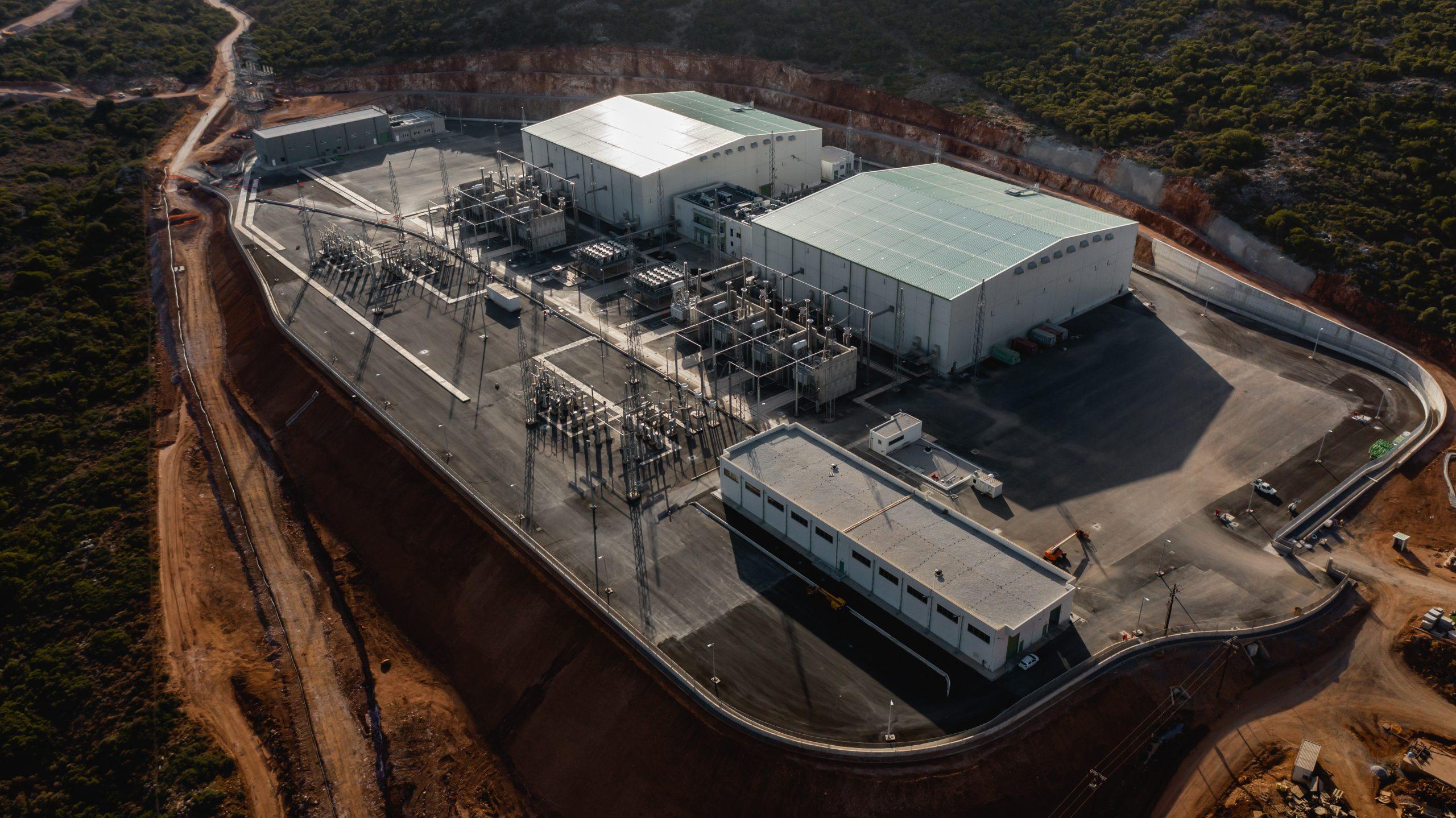With funds from the unallocated emission rights of the previous phase of the European Emissions Trading Scheme (ETS), for the period 2013-2020, the “greening” of the small islands that are not interconnected with the national power transmission system will begin. In particular, Greece, with a special regulation, is entitled to revenues from the auction of 25 million rights for the de-carbonization of the islands, which it will receive in the period 2021-2030. In fact, as a senior official of the Ministry of Environment and Energy (RIS) stated to OT.gr, with the price rally in the auctions of rights in the European Stock Exchange of Pollutants, which from August 27 onwards exceed 59 euros per ton (on October 5 had reached 64.72 euros), it is estimated that our country can receive up to 1.5 billion euros.
Thus, according to the same source, the complete proposal of the “Investment Plan for the de-Carbonation of the Islands” is currently being prepared. This will be sent to the Commission for approval so that the funds can be released. After Greece gets the green light from the European Commission, the calls from the “Island de-Carbonization Fund” for projects and actions that will lead to the transition to a local low carbon economy will be published.
A significant amount, about 450 million euros, will cover the expenses of IPTO and HEDNO for the electrical interconnections of the islands, as well as the upgrade of the electricity transmission infrastructure. With the progress of the interconnections, gradually the emissions will be reduced and with the completion of the projects they will be nulled as the operation of the polluting petroleum burning power plants will stop, thus improving the environmental footprint of the islands.
With the rest of the funds from this “piggy bank” programs such as “Saving” and “Moving Electric”, exclusively adapted to the needs of the islands, will be supported. Households will be able to participate in energy saving actions, but also tourist units to promote sustainable tourism, while those of e-mobility will be subsidized to change from conventional vehicles to electric, focusing on rent-a-car fleets in the tourist island areas, but also the installation of chargers.
The focus is on the “GR-eco-islands” initiative
Resources from the “Island de-Carbonization Fund” _ around 200 million euros _ will be directed to the initiative of GR-eco-islands, which aims to transform the Greek islands into international standards of green and sustainable development and hotbeds of innovation, through actions such as the increased use of Renewable Energy Sources, the creation of digital infrastructure, the promotion of energy efficiency, the sustainable management of waste and water, the electrification of transport, the green transformation of agriculture and tourism and the development of port and other infrastructure, through targeted interventions and adapted programs of RIS and the co-competent ministries, under the “umbrella” of the National Plan for Energy and Climate (ESEK).
The GR – eco islands initiative – which covers 36 to 40 Aegean islands with a population of less than 3,000 – mobilizes resources from all Funds, programs and general sources of funding such as the NSRF 2021-2027 (ERDF, ECB +, Cohesion Fund, Fair Transition Fund – TDM, ETTHA), Pillars 2 and 3 of the Fair Transition Facility, the EAFRD (European Agricultural Fund for Rural Development) TAA / RRF.
It has already been foreseen in the plans of the NSRF programs 2021-2027 (supplementary with the resources of TDM) as an initial contribution of a total amount of approximately 100 million euros from the Sectoral Program “Environment and Climate Change”, as well as from the Regional Programs of the Ionian Islands, North Aegean and South Aegean.
The GR-eco islands initiative will build on the experience of pilot projects implemented or being implemented in the energy sector on individual islands (Tilos, Ai-Stratis and Astypalea). An attempt is thus made to create a common framework through which the Greek islands will be able to participate in the green transition.
The example of Halki
In the first phase, priority is given to the unconnected and remote islands. The beginning was made from Halki, where a photovoltaic system was installed with the aim of the electricity that will produce to be channeled to the network and to be offset with the electricity tariffs of the residents. Prime Minister Kyriakos Mitsotakis was on the island last Friday and according to what he claimed, speaking to the residents, the electricity bills of the coming months “show practically the zeroing of the competitive charges in the PPC tariffs, thanks to the offset that has taken place”.
As he characteristically stated: “An indicative bill: from 407 euros will drop to 157 euros. And similar examples, corresponding reductions, will be seen by all the inhabitants of the island very soon, in the next electricity bills. It is a bold response, not only to the challenge of climate change, but also to price increases caused by the recent crisis in oil and gas prices. But it is also the best proof that -especially for our homeland- renewable energy sources are the only long-term stable solution.”
The 36 GR-eco islands are: Astypalea, Symi, Agios Efstratios, Agathonisi, Megisti, Arkioi, Marathi, Kasos, Halki, Pserimos, Glass, Lipsi, Telendos, Nisyros, Tilos, Megalonisi, Oinoussos, Oinousses, Ainoussas , Anafi, Donoussa, Iraklia, Antiparos, Schinoussa, Ios, Sikinos, Koufonisi, Folegandros, Thirasia, Kythnos, Kimolos, Serifos, Sifnos and Kea.
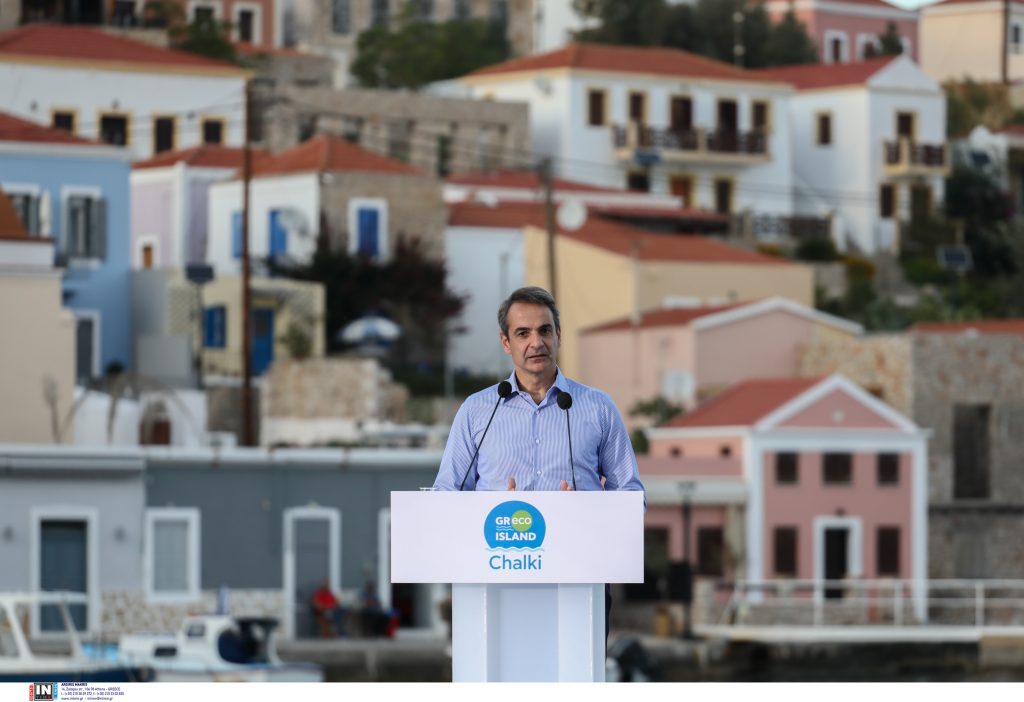
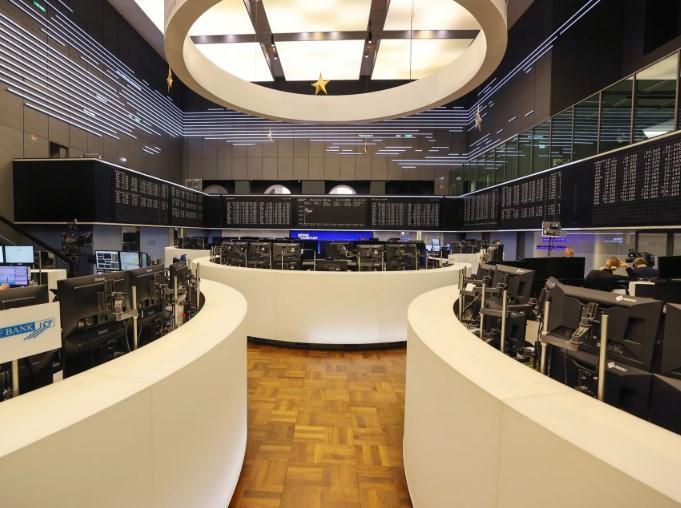

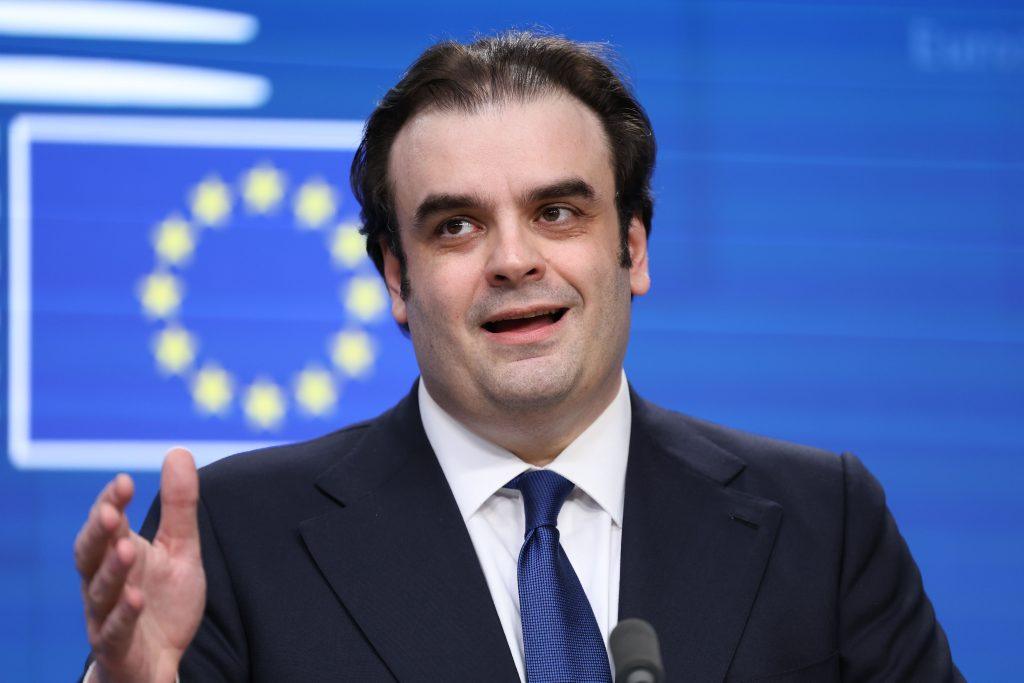






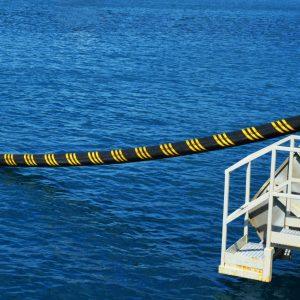

![Φορολογικές δηλώσεις: Να πάρω «φορολογικό διαζύγιο» ή όχι; [Μέρος 2ο]](https://www.ot.gr/wp-content/uploads/2026/02/efor.jpg)

